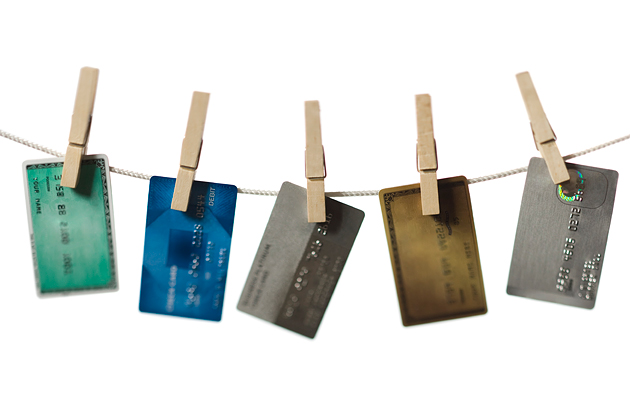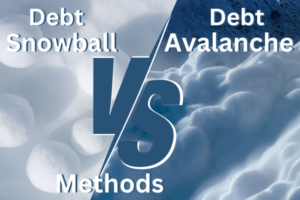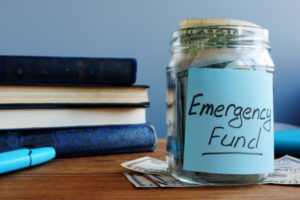Credit cards, when used responsibly, can be excellent tools for building a positive credit history and obtaining the things you need. However, there are times when it may be beneficial to take a break from credit cards. Follow our credit counseling advice. Taking a break from credit cards can help with debt management.
When to Take a Break from Credit Cards
-
When you can only afford minimum payments on your accounts.
If you are having difficulty getting rid of debt, then you need to find other ways to make ends meet. It is now time to take a break from credit cards. Stop using them and focus on repaying the debt before you begin using the cards again. You can use strategies like the debt snowball or debt avalanche. If you are in need of debt relief help, speak with reputed nonprofit credit counseling agency.
-
When you need to improve your credit score.
You may be planning to apply for a mortgage or auto loan in the near future. If so, you need to be aware of your credit score now. This way, you have time to improve it if necessary. Depending on your current standing, taking a break from credit cards could help. If your debt-to-income ratio is too high, that will hurt your score and negatively impact the terms of any loan you are applying for. The same goes for your credit utilization ratio (the amount of credit you use vs. the amount available). This indicates a high reliance on credit, and thus a high risk for lenders. Stop using the cards and work towards paying off some of the balances before applying for a loan.
-
When you find yourself making credit card purchases that exceed your budget.
Credit cards make purchases easy. That isn’t always a good thing. If you’re on a tight budget, then you want to carefully consider your purchases to manage your spending. A credit card can sometimes feel like you can afford something that you can’t because you don’t feel an immediate impact. If you find that your credit card bill is too high to pay off in full at the end of each month, then you should cut back on swiping the card. Instead, you can think about using cash for purchases. When you can actually see the cash leave your wallet, it paints a clearer picture of what you’re spending and forces you to really think about your purchases. This will help you reduce credit card debt and better manage your finances.
-
When you justify purchases to earn “points”.
If you can pay off the balance on a rewards-based credit card each month, then go right ahead and rack up the points. But if you’re getting into debt just to earn a fraction of the money back, then it’s not worth it. Points and miles accrue very slowly, and you’ll wind up paying for it in interest if you carry a balance on that card.
-
When you are closing on a house.
Banks use your current financial information, like debt-to-income ratio, to figure out your mortgage payments. If you purchase all new appliances and home goods before your closing, the bank will notice. There is a chance that they will reject your application because of it. Even smaller purchases can change things. Wait until all the T’s are crossed on your closing documents, and you have the keys in hand before using your credit cards.
If you’re struggling to pay off debt, ACCC can help. Schedule a free credit counseling session with us today.







